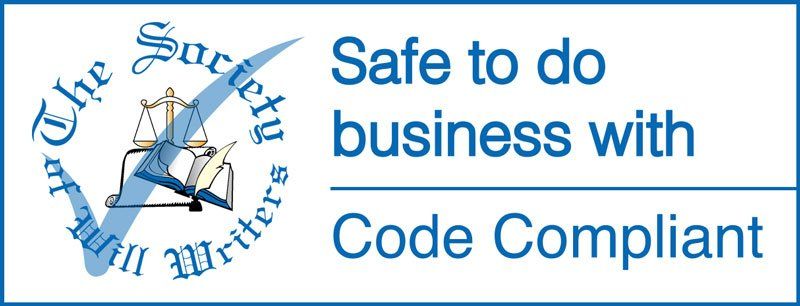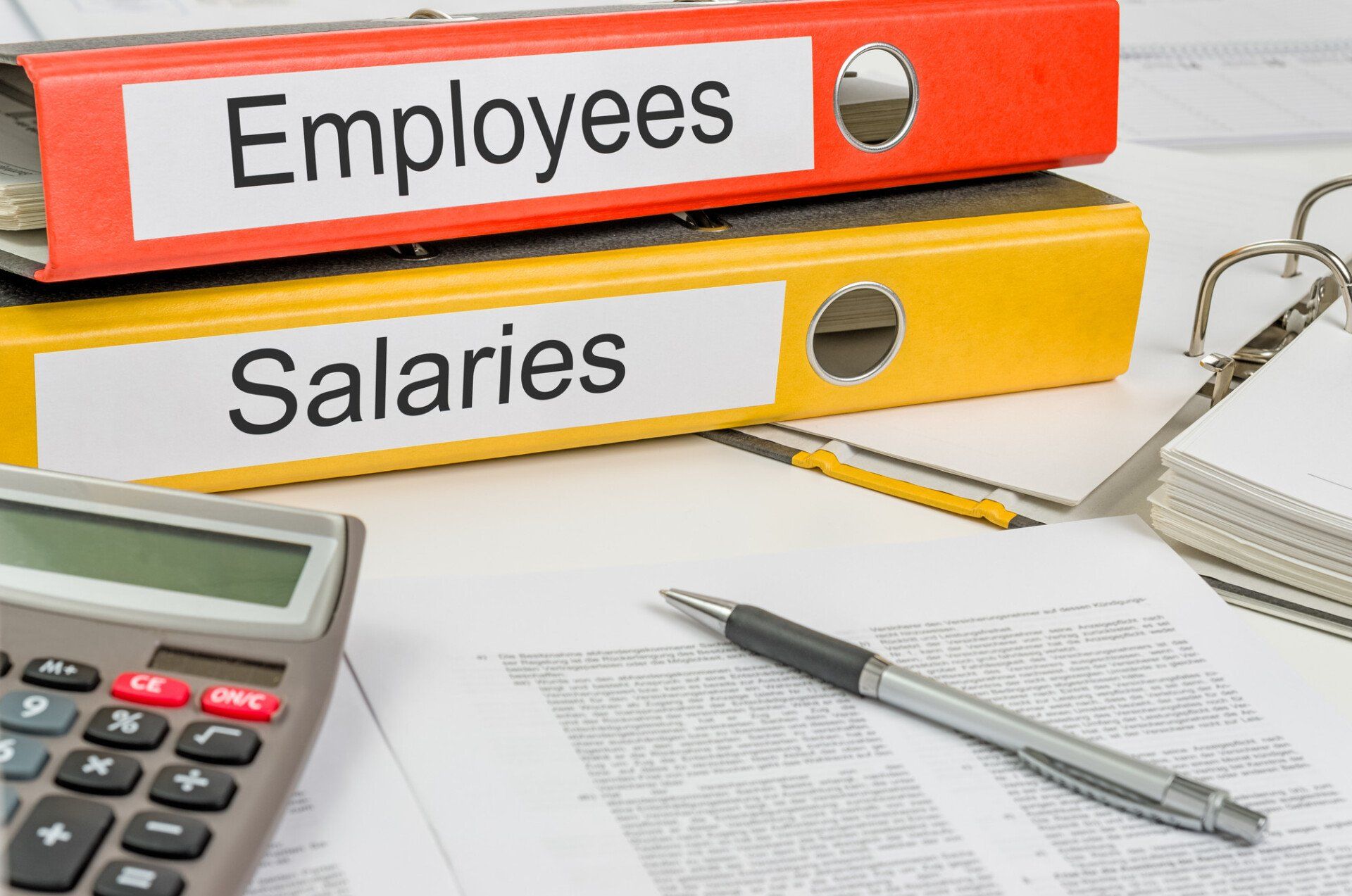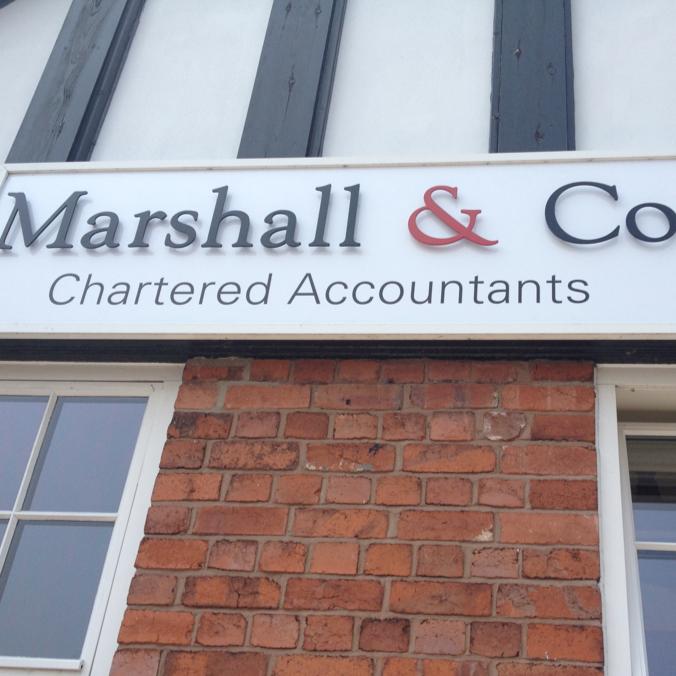Ultimate Guide to A HMRC Investigation
It can be daunting and frustrating to discover you are the subject of an HMRC investigation. However, with the right knowledge and support, you can learn what to expect and effectively prepare yourself for the impending scrutiny of your finances.
This ultimate guide will help you discover what can trigger an investigation, the procedures involved with the enquiry and the next steps you can take to successfully resolve tax disputes.
What is a HMRC tax investigation?
A tax investigation is an enquiry into your tax payment history. Conducted by HMRC, investigations hold varying degrees of severity. The aim of most investigations is to deduce whether accurate information has been offered, and accurate amounts of tax paid.
What business taxation mistakes can trigger an investigation?
HMRC might want to investigate your finances for a number of reasons and you should not assume you are automatically being accused of any wrongdoing. Business taxation mistakes are more frequent than you might imagine so it’s important to try and keep a cool head.
There are several factors that might trigger HMRC enquiries:
Mistakes and misunderstandings
Many investigations commence following a tax return. You might have forgotten to tick a box, paid too much (or too little), missed out a section or failed to include the right supplementary information on your latest return. If you’ve omitted important information or made significant errors, you may be scrutinised.
High-risk industries and HMRC target areas
You may work in a high-risk industry that routinely takes cash payments. Additionally, HMRC targets certain sectors that might see tax shortfalls.
HMRC receives a tip off
Someone may have alerted HMRC to unusual activity in your accounts.
Suspicious activity
You may have been late submitting tax returns, or they may show inconsistencies.
Random checks
It’s also worth noting that HMRC investigations can be completely random. Regardless of the state of your accounts or whether you’ve triggered an alert, you could be asked to provide tax information. However, checks of this nature are the minority.
What is the HMRC tax investigation procedure?
HMRC conducts tax investigations in three ways:
Full enquiry
When these are conducted, it’s normally because HMRC believes there is a significant risk of error in a particular tax return concerned. A full enquiry tax investigation will examine the whole of your tax return. The entirety of your financial records could face scrutiny - this can include personal records as well as business ones.
Aspect enquiry
Aspect enquiries will focus on one or more areas of your tax information. This could include inconsistencies in a section of a recent tax return. Often, the outcome signifies a genuine error or mistake rather than a deliberate attempt to avoid tax.
Random check
HMRC has the authority to carry out random checks at any time. Random checks can be used as a tool to evaluate tax returns in areas that are deemed to be high risk.
During the process of examining your accounts, tax investigations can also expand to cover other areas. For example, an investigation into corporation tax can turn to an examination of personal tax affairs.
How will I be notified about the investigation?
If you are formally subject to a tax investigation, it is likely you will be notified via letter requesting additional information. This usually appears in the form of a brown envelope marked ‘HMRC’. The letter will often inform you of whether a specific area of your tax return is facing examination or if your wider tax affairs are under scrutiny, but it might not outline the reason the investigation is being conducted.
What will be examined?
Areas of your financial records HMRC may want to investigate can include:
- The tax that you pay
- Your accounts and tax calculations
- Your Self Assessment tax return for a given year
- Your Company Tax Return
- Your PAYE records and returns if you’re an employer
Your VAT returns and records if you’re VAT-registered
What information will I be asked to submit?
You’ll be asked to submit information relating to your financial records.
This can include:
- Bank and credit card statements
- Sales invoices or records
- VAT records
- Chequebooks and paying slips
- Job quotes or pricing estimates
- Payroll records
- Purchase invoices and expense receipts
Following the submission of any initial information, a meeting may be requested. While this is not compulsory, attending will highlight proof of your cooperation to HMRC and any penalties you might receive may be reduced.
If you do not respond to a HMRC inspection or information request, you may be issued with a penalty unless you have a reasonable excuse for not doing so.
How far back can tax investigation services look into my accounts?
Innocent errors: 4 years
In regular investigations, HMRC will examine your accounts and tax submissions up to four years prior to the initial date of the investigation.
Careless errors: 6 years
However, if you have regularly been making errors on your tax returns, this period can extend to six years.
Deliberate tax evasion: 20 years
If HMRC suspects deliberate tax evasion, they have the authority to investigate your records from the past 20 years if they are available.
What are the possible outcomes?
While stressful and time-consuming, many tax investigations do not have serious outcomes and often cases with minor discrepancies can be closed quickly. However, depending on the nature of the case, there are a number of consequences you can expect. This relies heavily on what HMRC find:
Overpaid tax
In this case, you’ll receive a tax rebate with interest.
Underpaid tax
If this finding is confirmed, you’ll usually be served with a formal request to pay any tax owed within 30 days. Additionally, you might be forced to pay a penalty. These can range from 15% to 200% of the tax due depending on the nature of your case. Interest on the amount owed will also be charged.
Deliberate wrongdoing
In this instance, the investigation can escalate to criminal status. If this happens, it’s likely you’ll have to pay a penalty. In cases of suspected fraud, a tax fraud investigation will be launched and you will be invited to make a disclosure using the Contractual Disclosure Facility (CDF). These disclosures are made under Code of Practice 9 (COP9) and can offer the taxpayer protection against criminal prosecution in exchange for full cooperation.
It’s worth noting criminal convictions are relatively rare, excluding cases of proven fraud. While the most serious cases of HMRC fraud can result in lengthy prison sentences, usually this can be avoided if matters are settled correctly with full disclosure of tax irregularities.
How long will the investigation take?
HMRC investigations can be lengthy. Smaller enquiries can last between 3-6 months, while more thorough investigations can take over a year to complete. There is the option to file an appeal up to 30 days after an investigation has concluded but this risks extending the process further.
What are the next steps you can take?
Determine the reason behind the investigation
Determining the reason behind the investigation and the type of enquiry being conducted is paramount to working out your next steps. Often, HMRC will be initially reluctant to disclose many details at the beginning of their inquiry. This makes it vital to seek expert support - you can appeal against the decision to investigate if you believe HMRC’s initial reasons for investigating to be incorrect.
Organise your financial records
Make sure you have all your accounts in order, appropriate access to them and that you’re updating them regularly. The longer these records date back, the better. Having relevant information to hand at the start of the investigation will cause less stress further down the line.
Seek expert advice
Seeking help from an expert is key to receiving the right support in dealing with being subject to a tax investigation. Lawyers and accountants with valuable knowledge and expertise can assist you through every stage of the enquiry to minimise damage, offer you practical advice and ensure you are organised and prepared at all times.
Remember - it’s easy to panic or assume the worst when facing an impending tax investigation, but with the right organisation and support you’ll feel confident in settling your tax disputes.
How we can help
At Marshall Accountancy, we’re aware of the frustration associated with being subject to a tax investigation. With extensive knowledge of HMRC, our team of experienced accountants are dedicated to assisting you in resolving tax issues and putting things right for the future. We also work closely with our clients to identify opportunities to voluntarily disclose undeclared income to HMRC before the situation escalates into a tax investigation. A good example of this is HMRC’s Let Property Campaign, which encourages landlords to disclose any owed tax due to rental income that has not yet been disclosed. This kind of expert accountant advice can help you avoid hefty fines further down the line and get up to date with your tax affairs. Contact us now to find out what we can do to help you.
Contact
Call
01270 882 300
St Mary's House, Crewe Rd, Alsager, Stoke-On-Trent ST7 2EW
Accreditations
 ICAEW CHARTERED ACCOUNTANTSWrite your caption hereButton
ICAEW CHARTERED ACCOUNTANTSWrite your caption hereButton ICAEW ACCREDITED FOR PROBATEWrite your caption hereButton
ICAEW ACCREDITED FOR PROBATEWrite your caption hereButton Write your caption hereButton
Write your caption hereButton Write your caption hereButton
Write your caption hereButton Write your caption hereButton
Write your caption hereButton
Established in 1993, Marshall & Co is a trading name of Emma E Marshall-Birks and Marshall Accountancy Ltd, company number 9425767, registered in England and Wales and whose registered office address is St Mary’s House, Crewe Road, Alsager, Stoke-on-Trent, Staffordshire ST7 2EW.
A Member of the ICAEW Practice Assurance Scheme. Registered to carry out audit work in the UK & Ireland and authorised to carry out the reserved legal activity of non-contentious probate in England and Wales by the Institute of Chartered Accountants in England and Wales. Principal and Director: Emma Elizabeth Marshall-Birks BA (Accounting & Law) MBA FCA BFP


